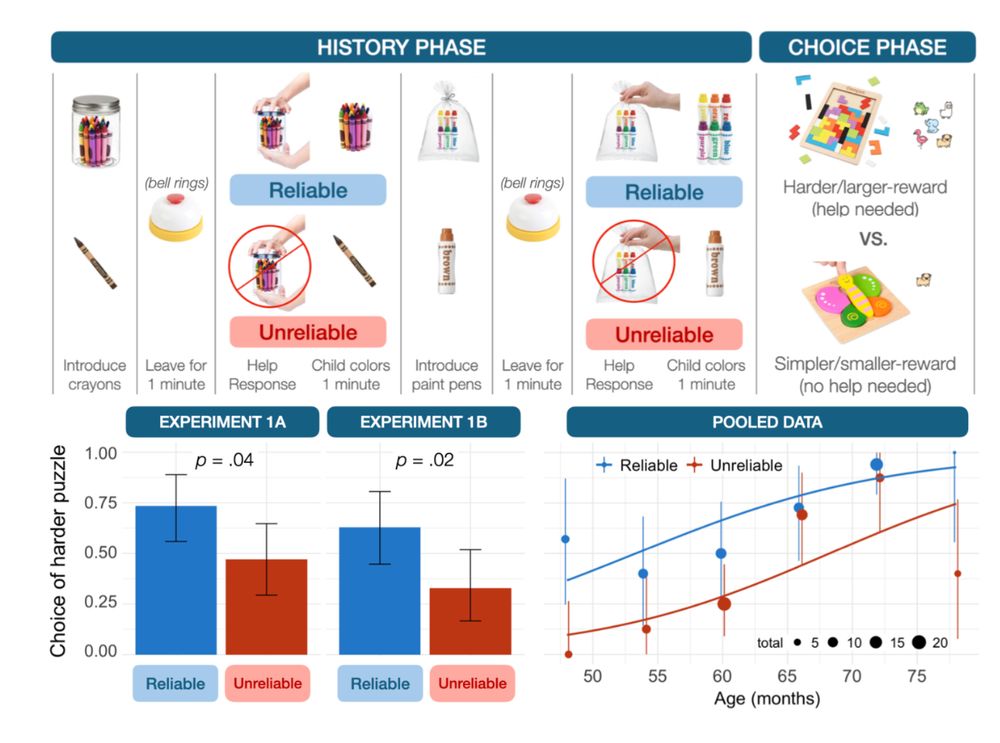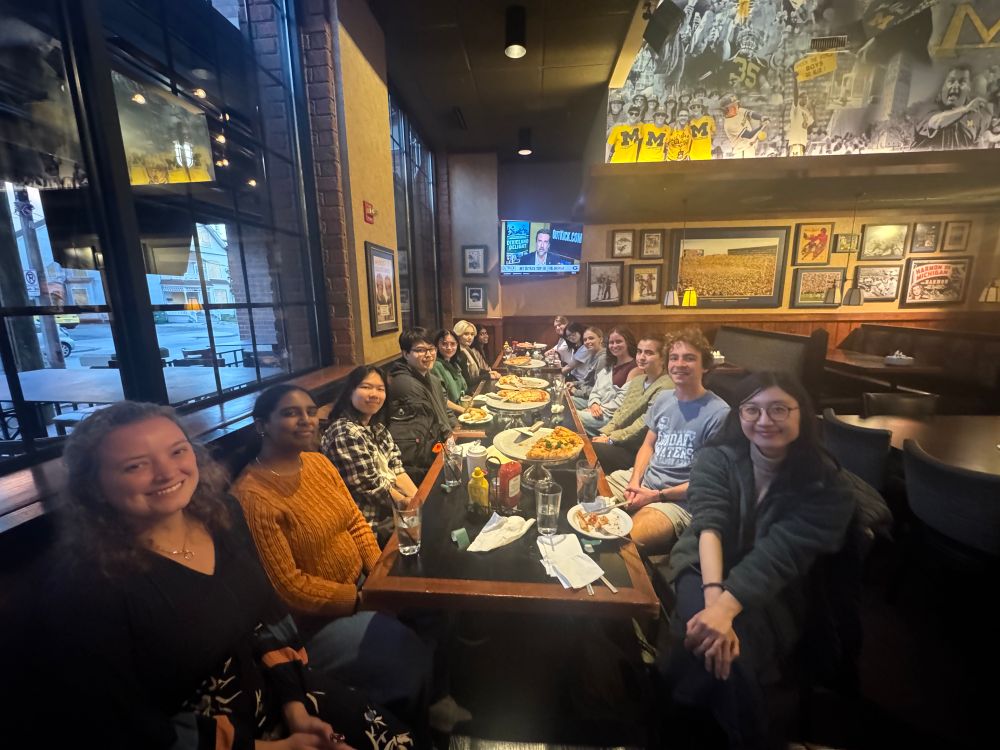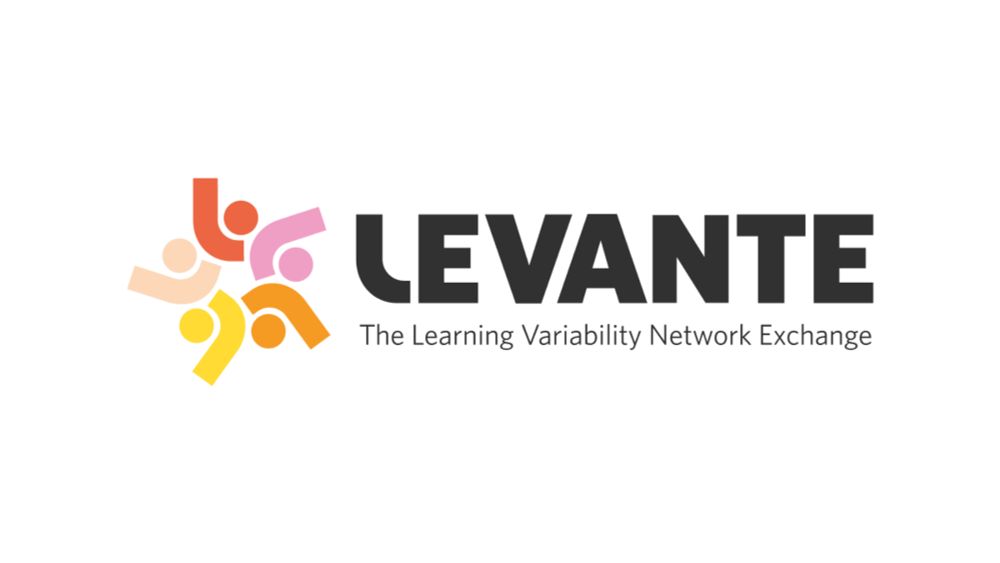New paper: "Young children strategically adapt to unreliable social partners" - led by Kat Shannon, with @hyogweon.bsky.social and Willem Frankenhuis.
osf.io/preprints/ps...


New paper: "Young children strategically adapt to unreliable social partners" - led by Kat Shannon, with @hyogweon.bsky.social and Willem Frankenhuis.
osf.io/preprints/ps...
New paper: "Young children strategically adapt to unreliable social partners" - led by Kat Shannon, with @hyogweon.bsky.social and Willem Frankenhuis.
osf.io/preprints/ps...


New paper: "Young children strategically adapt to unreliable social partners" - led by Kat Shannon, with @hyogweon.bsky.social and Willem Frankenhuis.
osf.io/preprints/ps...


New paper: "Young children strategically adapt to unreliable social partners" - led by Kat Shannon, with @hyogweon.bsky.social and Willem Frankenhuis.
osf.io/preprints/ps...

Learn more at:
www.bu.edu/bucld/
#Innateness #LLM #LanguageDevelopment

Learn more at:
www.bu.edu/bucld/
#Innateness #LLM #LanguageDevelopment
Alright, this one’s been sitting in my drawer for a year now, after @mcxfrank.bsky.social and I got turned down for a public commentary.
But before I forget about it completely, here’s the preprint:
Can we harvest insights for rice theory from two state farms in China?
osf.io/preprints/ps...

Alright, this one’s been sitting in my drawer for a year now, after @mcxfrank.bsky.social and I got turned down for a public commentary.
But before I forget about it completely, here’s the preprint:
Can we harvest insights for rice theory from two state farms in China?
osf.io/preprints/ps...
We are a supportive team who happened to wear bluesky appropriate colors for the lab photo (this wasn't planned). 💙
Lab info: cicl.stanford.edu
Application details: psychology.stanford.edu/admissions/p...

We are a supportive team who happened to wear bluesky appropriate colors for the lab photo (this wasn't planned). 💙
Lab info: cicl.stanford.edu
Application details: psychology.stanford.edu/admissions/p...
Thoughts: Maybe our models are too simple to makdle the generalisable claims we want.
#bias #moderator #causalinference #heterogeneity #effect
doi.org/10.1073/pnas...

Thoughts: Maybe our models are too simple to makdle the generalisable claims we want.
#bias #moderator #causalinference #heterogeneity #effect
doi.org/10.1073/pnas...
With Alon Hafri, @veroniqueizard.bsky.social, @chazfirestone.bsky.social & Brent Strickland
Read it here: doi.org/10.1017/S014...
A short thread [1/5]👇

With Alon Hafri, @veroniqueizard.bsky.social, @chazfirestone.bsky.social & Brent Strickland
Read it here: doi.org/10.1017/S014...
A short thread [1/5]👇

New paper: Measuring children’s early vocabulary in low-resource languages using a Swadesh-style word list - led by @kachergis.bsky.social and @alvinwmtan.bsky.social
osf.io/njm7d_v1

New paper: Measuring children’s early vocabulary in low-resource languages using a Swadesh-style word list - led by @kachergis.bsky.social and @alvinwmtan.bsky.social
osf.io/njm7d_v1
www.nature.com/articles/s41...

www.nature.com/articles/s41...
New work with @kmahowald.bsky.social and @cgpotts.bsky.social!
🧵👇!

New work with @kmahowald.bsky.social and @cgpotts.bsky.social!
🧵👇!
It’s boosting my empathy for my students in my chemistry classes. 🥁🧪
I already play the piano, but even still— learning a new instrument requires so much practice and getting comfortable with not being good at something.

Not the first time I’ve suggested a “first step” in research that required a whole PhD to complete. 😉
A stimulus-computable rational model of visual habituation in infants and adults doi.org/10.7554/eLif...
This is the thesis of two wonderful students: @anjiecao.bsky.social @galraz.bsky.social, w/ @rebeccasaxe.bsky.social




Not the first time I’ve suggested a “first step” in research that required a whole PhD to complete. 😉
A stimulus-computable rational model of visual habituation in infants and adults doi.org/10.7554/eLif...
This is the thesis of two wonderful students: @anjiecao.bsky.social @galraz.bsky.social, w/ @rebeccasaxe.bsky.social




A stimulus-computable rational model of visual habituation in infants and adults doi.org/10.7554/eLif...
This is the thesis of two wonderful students: @anjiecao.bsky.social @galraz.bsky.social, w/ @rebeccasaxe.bsky.social
Winner of second BabyLM competition uses a clever and hilariously simple hack - align BERT and GPT so you can use both. Seems to be very efficient for learning from child-scale data.
Winner of second BabyLM competition uses a clever and hilariously simple hack - align BERT and GPT so you can use both. Seems to be very efficient for learning from child-scale data.
phxc1b.rfer.us/STANFORDWcqUYo

phxc1b.rfer.us/STANFORDWcqUYo
A good intro if you're interested in learning more about cross-cultural developmental data collection using LEVANTE.
levante-network.org/global-colla...

A good intro if you're interested in learning more about cross-cultural developmental data collection using LEVANTE.
levante-network.org/global-colla...

New paper out now at BRM: doi.org/10.3758/s134...


New paper out now at BRM: doi.org/10.3758/s134...
New paper out now at BRM: doi.org/10.3758/s134...


New paper out now at BRM: doi.org/10.3758/s134...


New paper out now at BRM: doi.org/10.3758/s134...


